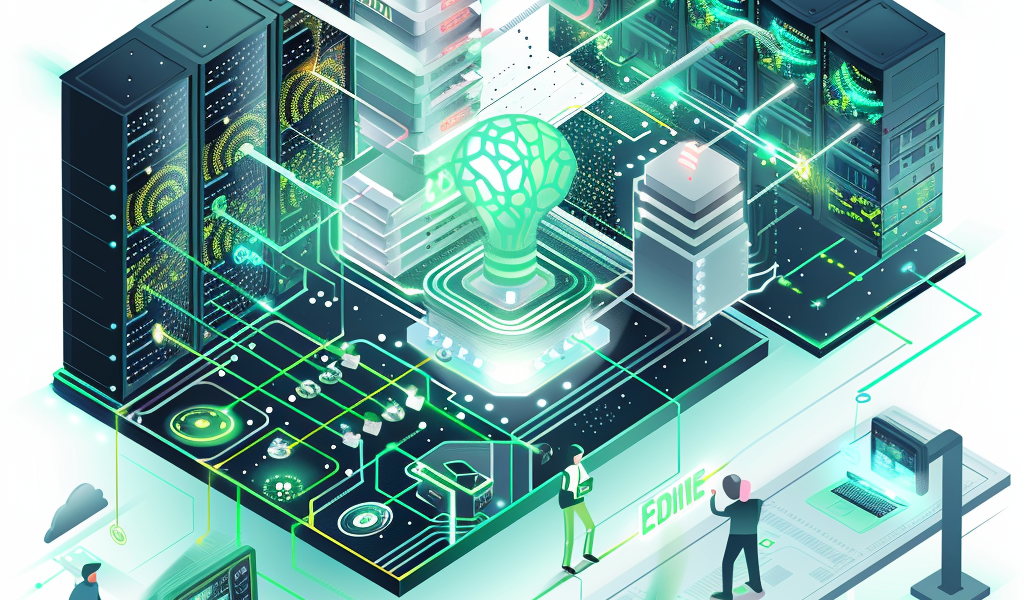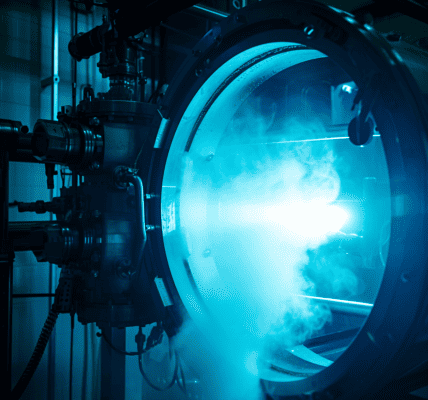As artificial intelligence (AI) continues to evolve, the architecture of data centres is expected to undergo significant changes to accommodate the growing demands of AI and edge computing. Dell Technologies, a leading global technology infrastructure provider, has projected a substantial transformation in data centre design as businesses transition from trial phases to full-scale implementation of AI systems by 2025.
Currently, AI systems account for only a small portion of overall IT energy consumption. However, as adoption rates rise, the energy requirements for AI processing are anticipated to increase dramatically. This surge raises important questions regarding power usage effectiveness and the environmental implications of such growth.
According to Steve Young, the UK Senior Vice President and Managing Director at Dell Technologies, a striking 70% of UK companies have reported positive returns on investment from their generative AI (Gen AI) initiatives, following initial trials conducted in 2024. “For many, the test-and-learn phase is already starting to pay off,” Young noted, highlighting the tangible benefits that organizations are beginning to experience.
In response to the anticipated demands of AI processing, Dell Technologies has introduced its AI Factory framework. This initiative is designed to assist organizations in integrating AI across various infrastructure models, ranging from edge computing to centralized data centres. Projections suggest that by 2026, AI workloads will account for more than half of all data centre processing requirements, underscoring the urgency for businesses to adapt.
Steve Young emphasized that companies that neglect to adopt appropriate AI strategies and architectures will find themselves at a competitive disadvantage. He predicts that by 2025, a staggering 90% of AI processing will focus on inference operations, which necessitates a departure from traditional fixed-ratio infrastructure setups.
“We will witness the replacement of traditional siloed data centres with disaggregated architectures, which will enable computing, storage, and networking systems to scale independently,” Young stated. This shift is crucial for organizations aiming to stay ahead in the rapidly evolving landscape of AI technology.
As 2025 approaches, Dell Technologies anticipates a pivotal moment for AI adoption, particularly in sectors such as healthcare, education, government, and retail. These industries are increasingly processing vast amounts of data, necessitating robust infrastructure support to handle their operational needs effectively.
Moreover, Dell predicts a significant rise in edge computing, particularly through the proliferation of AI-enabled personal computers (PCs). The company has forecasted an increase in the adoption of PCs equipped with neural processing units (NPUs) — specialized chips tailored for handling AI workloads efficiently.
Edge computing, which allows data to be processed at the point of creation rather than being routed to centralized facilities, is expected to gain traction through these AI-capable devices. This approach not only enhances processing speed but also reduces latency, providing organizations with real-time insights that can drive decision-making.
In line with these developments, Dell has launched a new portfolio of Copilot+ AI PCs. Young explained, “With AI PCs, data can be processed directly on the device to drive real-time insight, potentially reducing costs and addressing security concerns that arise from data transmission to centralized systems.” This innovation is poised to empower businesses by enabling them to leverage AI capabilities directly at the user level.
The market for AI-optimized processors is expanding rapidly, reflecting the growing need for advanced computing solutions capable of handling the complexities associated with AI workloads. As organizations increasingly turn to AI to enhance their operations and drive innovation, the demand for specialized hardware and infrastructure will only continue to rise.
In summary, the anticipated shift in data centre architecture driven by AI adoption signifies a transformative era for businesses across various sectors. As organizations prepare for the future, the integration of AI technologies into their infrastructure will be paramount to maintaining competitiveness and achieving operational efficiency.





